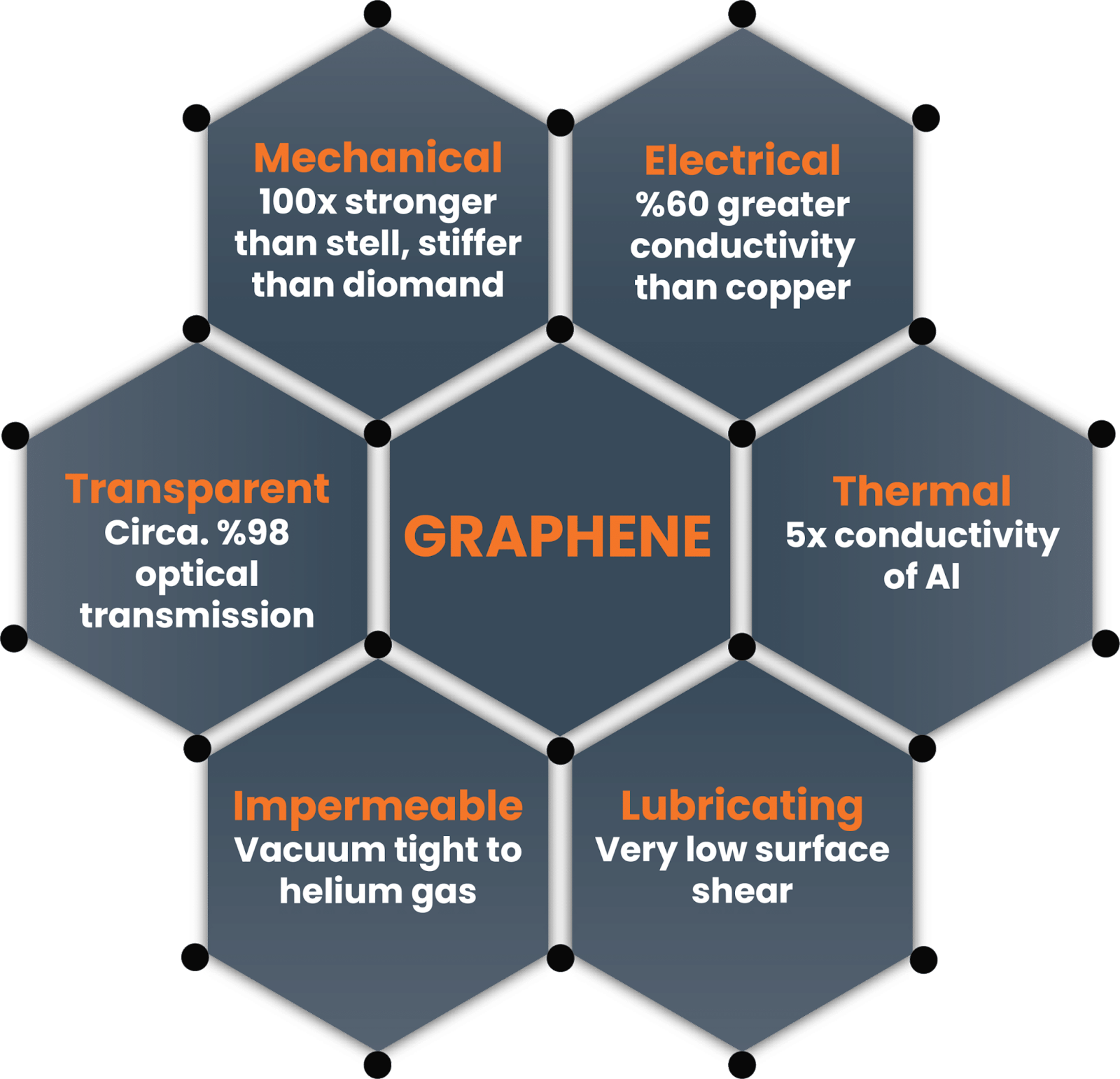India’s First Graphene Innovation Centre in Kerala | 03 Feb 2022
Why in News
Recently, the Kerala government announced that the country’s first Graphene Innovation Centre would come up in Thrissur, Kerala.
- It is a joint venture of Digital University of Kerala, Centre for Materials for Electronics Technology (C-MET) and Tata Steel Limited.
- Earlier in 2020, the researchers from the City University of Hong Kong had produced a laser-induced form of graphene masks that inactivate the coronavirus species.
What is the Graphene Innovation Centre?
- An Innovation Center is a cross-functional plan that creates a safe haven for new ideas.
- With opportunities for individual and group collaboration across time zones and continents, it's a place that fosters a culture of innovation through the creation, sharing, and testing of ideas.
- The India Innovation Centre for Graphene would come up in Thrissur at a cost of Rs 86.41 crore.
- Of the 86.41-crore, the Union Government would provide Rs 49.18 crore and private business houses Rs 11.48 crore.
- The state government would provide the basic infrastructure for the project. The Centre would help attract investors to develop graphene products.
What is its Significance?
- The project would give a major fillip for scientific research as well as the state’s industrial sector.
- Kerala’s human resources capital could be effectively exploited by the proposed Centre, which would help Kerala to emerge as a knowledge-based economy.
What is Graphene?
- Graphene is a one-atom-thick layer of carbon atoms arranged in a hexagonal lattice. It is the building-block of Graphite, but graphene is a remarkable substance on its own with a multitude of astonishing properties.
- It is the thinnest, most electrically and thermally conductive material in the world, while also being flexible, transparent and incredibly strong.
- Often referred to as a wonder material for its extraordinary electrical and electronics properties, graphene could replace Indium and thereby bring down the cost of OLED (organic light-emitting diode) screens in smartphones, studies have shown.
- Graphene has a lot of promise for additional applications: anti-corrosion coatings and paints, efficient and precise sensors, faster and efficient electronics, flexible displays, efficient solar panels, faster DNA sequencing, drug delivery, and more.

